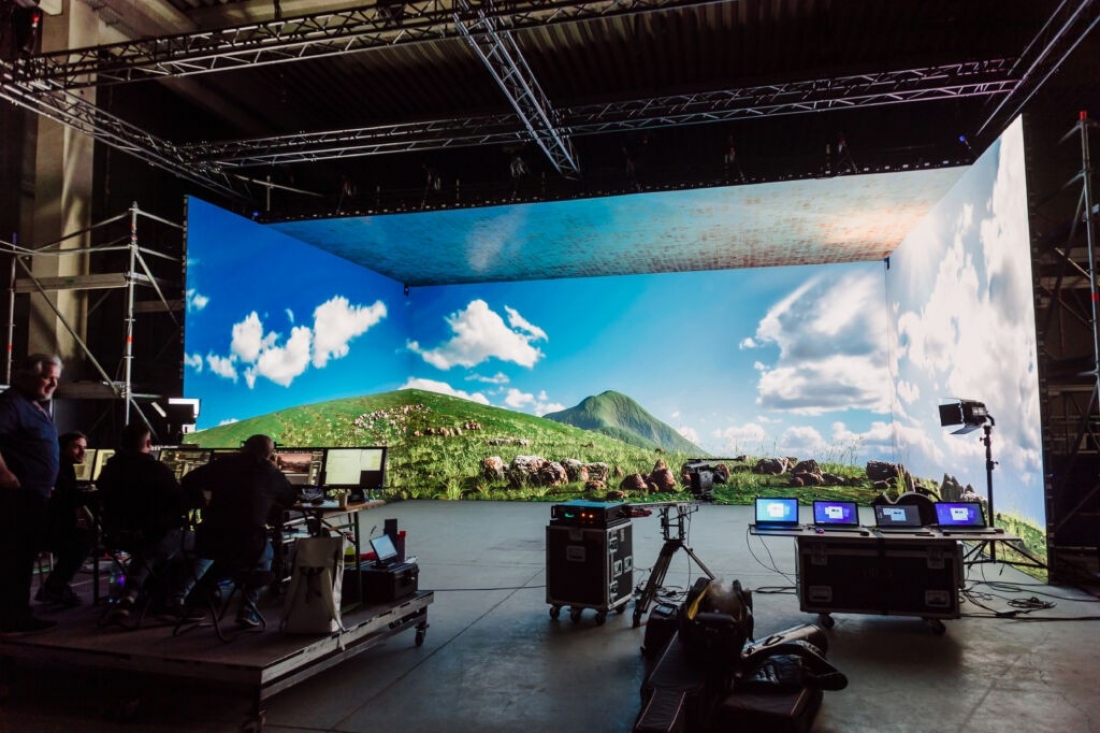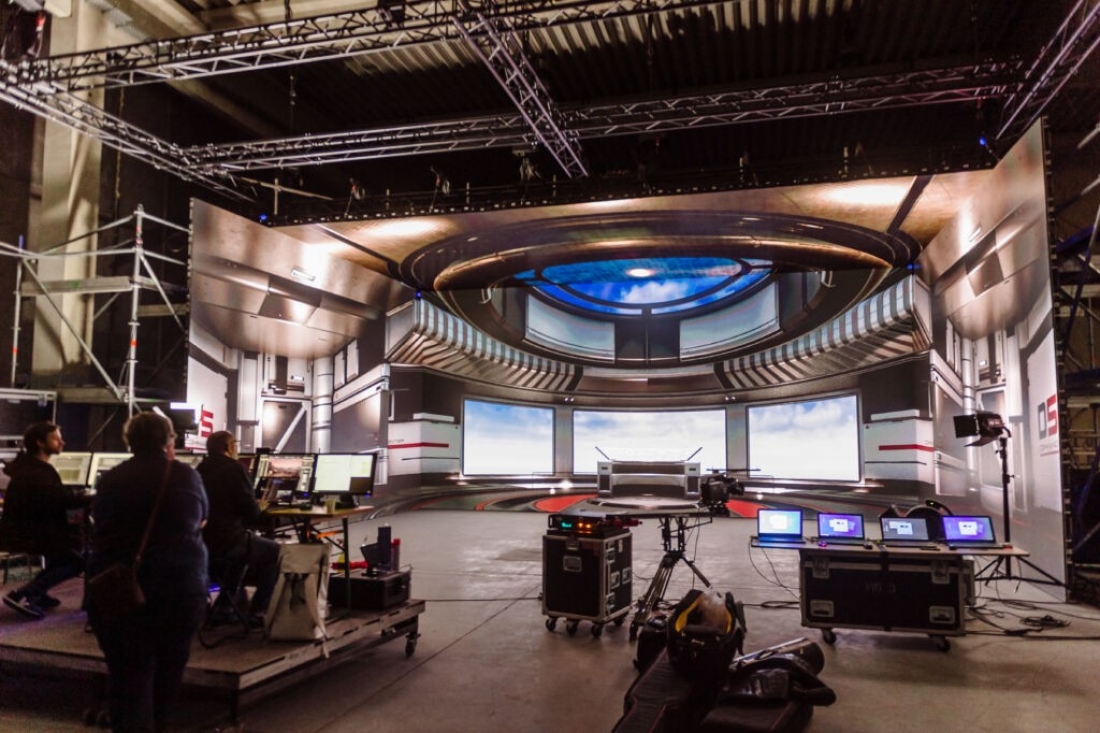October 2021
Text: Benjamin Berggold; Fotos: unsplash, Habegger Austria

For over 1.5 years, the Covid-19 pandemic has been challenging the event industry to completely rethink itself and develop crisis-proof concepts. Never have digital events been as ubiquitous as in 2020, and the technological possibilities were developing at a faster pace than most of us expected in the beginning. But even beyond the pandemic, digital events will have a lasting impact on our industry – the digitization of the event industries is in full swing.
A digital event can be understood as a communication tool that has taken up more and more space in the toolkit since the pandemic started. The general population has gotten used to it. However, it is only one of many tools that can be used to translate event content – and it’s not always necessarily the best.
What can digital events do that isn’t possible with live events?
It is safe to say that real events won’t be replaced by digital events. Translating an in-person event into a digital event without any modifications is often impossible, and if it is attempted, it usually falls short of expectations. It is much more essential to be aware of the possibilities of the different event formats and to individually choose the suitable tool based on the content. In that sense, the crucial question is not “How can digital events mimic live events as well as possible?” but “What can digital events do that isn’t possible with live events?”. The decisive factor is the added value that the digital component offers on top of that. This added value may also serve as the basis for hybrid event variants.
We thoroughly explore these questions and from there, develop individual concepts for our clients–always considering the carefully selected use of the digital possibilities available. Whether in-person, digital, hybrid or specific formats such as satellite events (several hybrid events that are digitally connected to one another) are used is primarily determined by the objective of the event.
In this conversation with Christoph Trauner of Habegger Austria we’ll give insight into the flourishing digital event format from the perspective of event technology.
In your opinion, what are the advantages of digital events, compared to live events?
Digital events can be organized and held very quickly and with little effort. The participants may join from their office desk or from home. A smartphone has all the necessary requirements to join. Speakers and participants are not required to travel to attend the event. Participants from around the world may join the same event – independent of travel restrictions.
What are the challenges compared to a live event?
The major challenge is having an internet infrastructure that works well – both at the sender’s end and at the receiver’s end. A digital event needs to be exciting from the very first second throughout the entire event. There is a large range of digital events out there and many participants have been saturated over the course of the past eighteen months. A digital event also needs to start on time, like a TV show.
How high is the demand for digital events? Did you notice a decrease in demand since the end of the lockdown?
Since 1 July 2021 we have almost exclusively implemented in-person events. Currently, almost half of all event organizers consider returning to a hybrid concept for their events.
What are the technological levels of digital events?
Technically, two persons chatting or video-chatting on their smartphones is a digital event. But the event doesn’t really get exciting until there is a compelling setting. In most cases, it’s a small studio from which the event is streamed to any number of participants. There are no limits to the setting, from simple background roll-ups to the Virtual Production Studio Vienna. What also matters is the medium used to reach out to the viewers.
You have a fully equipped studio. What are the advantages of the studio?
In a fully equipped studio, all you have to do is flip the power switch and the digital event is good to go. A studio like this offers a convenient setting with short set-up times and the ideal infrastructure for implementing a digital event.
In your opinion, are digital events here to stay?
The age of digital events has only started! Digital events will increasingly merge with traditional event types. The event industry has long since arrived in the digital transformation and will continue to pivot to digital events in addition to in-person events.



